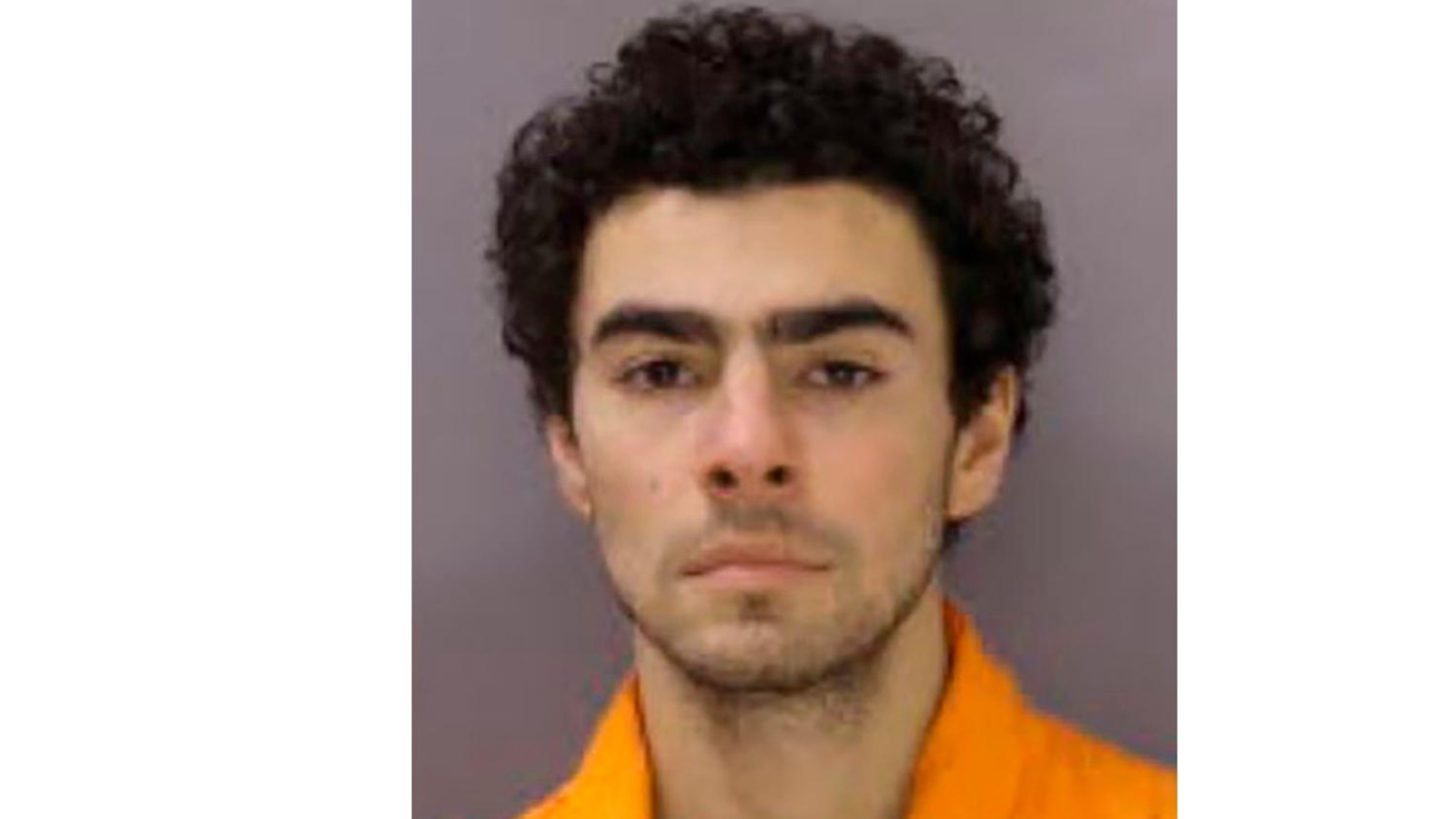ALTOONA, Pa. — The man charged with murder in the killing of the CEO of UnitedHealthcare made it clear he wasn’t going to make things easy on authorities, shouting unintelligibly and writhing in the grip of sheriff’s deputies as he was led into court and then objecting to being brought to New York to face trial.
The displays of resistance Tuesday weren’t expected to significantly delay legal proceedings for Luigi Nicholas Mangione, who was charged in last week’s Manhattan killing of Brian Thompson, the leader of the United States’ largest medical insurance company. Little new information has come out about possible motivation, though writings found in Mangione’s possession hinted at a vague hatred of corporate greed.
In his first public words since he was arrested at a McDonald’s in Pennsylvania after a five-day search, the 26-year-old Ivy League graduate from a prominent Maryland real estate family emerged from a patrol car shouting about an “insult to the intelligence of the American people” while deputies pushed him inside a courthouse.
A law enforcement bulletin obtained by The Associated Press said that at the time of his arrest, Mangione was carrying a handwritten document expressing anger with what he called “parasitic” health insurance companies and a disdain for corporate greed and power.
He wrote that the U.S. has the most expensive health care system in the world and that profits of major corporations continue to rise while “our life expectancy” does not, according to the bulletin.
Mangione remained jailed in Pennsylvania, where he was initially charged with possession of an unlicensed firearm, forgery and providing false identification to police.
Manhattan prosecutors were beginning to take steps to bring Mangione to New York, but at a brief hearing Tuesday, defense lawyer Thomas Dickey said his client will not waive extradition and instead wants a hearing on the issue. Mangione was denied bail after prosecutors said he was too dangerous to be released.
He mostly stared straight ahead at the hearing, occasionally looking at papers, rocking in his chair or looking back at the gallery.
“You can’t rush to judgment in this case or any case,” Dickey said afterward. “He’s presumed innocent. Let’s not forget that.”
Mangione was arrested in Altoona, Pennsylvania, about 230 miles (about 370 kilometers) west of New York City, after a McDonald’s customer recognized him and notified an employee, authorities said.
New York police officials have said Mangione was carrying a gun like the one used to kill Thompson and the same fake ID the suspected shooter had used to check into a New York hostel, along with a passport and other fraudulent IDs.
A law enforcement official who wasn’t authorized to discuss the investigation publicly and spoke with The Associated Press on condition of anonymity said a three-page, handwritten document found with Mangione included a line in which he claimed to have acted alone.
“To the Feds, I’ll keep this short, because I do respect what you do for our country. To save you a lengthy investigation, I state plainly that I wasn’t working with anyone,” the document said, according to the official.
Thompson, 50, was killed Dec. 4 as he walked alone to a Manhattan hotel for an investor conference. From surveillance video, New York investigators determined the shooter quickly fled the city, likely by bus.
Mangione was born into a life of country clubs and privilege. His grandfather was a self-made real estate developer and philanthropist.
“Our family is shocked and devastated by Luigi’s arrest,” Mangione’s family said in a statement posted on social media late Monday by his cousin, Maryland Del. Nino Mangione. “We offer our prayers to the family of Brian Thompson and we ask people to pray for all involved.”
From January to June 2022, Luigi Mangione lived at Surfbreak, a “co-living” space at the edge of touristy Waikiki in Honolulu. Josiah Ryan, a spokesperson for owner and founder R.J. Martin, said he was widely considered a “great guy,” though he had long dealt with severe back pain that interfered with many aspects of his life.
___
Scolforo reported from Altoona and Hollidaysburg, Pennsylvania. Contributing were Associated Press writers Cedar Attanasio and Jennifer Peltz in New York; Michael Rubinkam and Maryclaire Dale in Pennsylvania; Lea Skene in Baltimore; Jennifer Sinco Kelleher in Honolulu and John Seewer in Toledo, Ohio.

